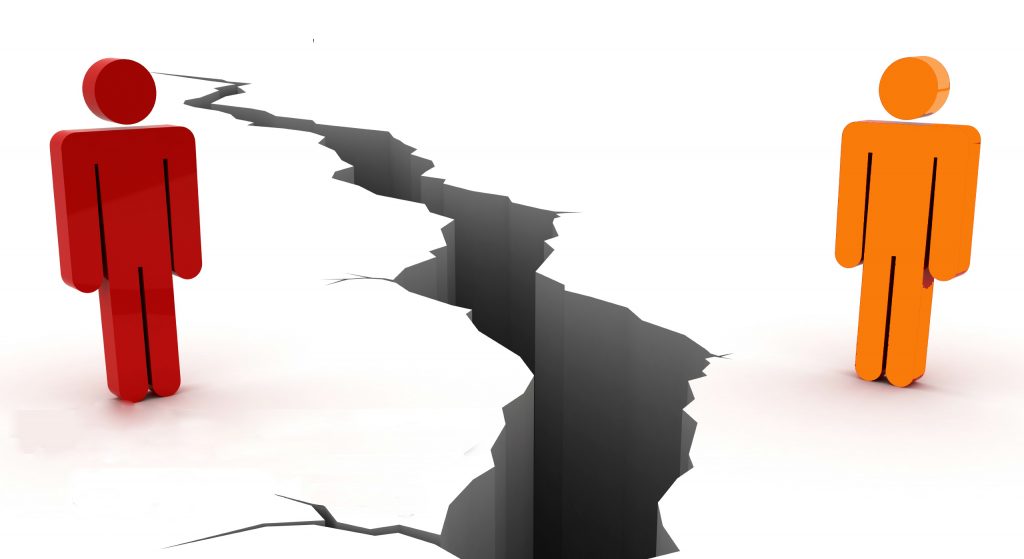When the Babri Masjid was demolished December 6, 1992, the country was divided deeply along religious lines. The victim perception of the majority was preened and the affected minority was deeply offended by the destruction of an ancient motif that acted as a reminder of their roots in the country. The destruction also pushed them into fear. The Ayodhya dispute has dragged on for years without an amicable solution being found; and the apex court continues to dither. On September 28, 2018, a similarly polarizing action was taken, using the mechanism of law itself to create a divide in Kerala. The 4-1 verdict of a constitution bench of the Supreme Court, which removed an age restriction that was laid down as part of a religious tradition at the Sabarimala temple came as a bolt from the blue that ‘wakened the ferine strain’ in the people ‘from its brumal sleep’. Kerala continues to suffer its consequences that have manifested in numerous different forms. The state is going through a social churning, whose results could be calamitous. Political parties are playing rabble rousers in a state that has tried to espouse peace despite many trials and tribulations. The Supreme Court order may not have been delivered with sinister intentions but the whole case and the timing of the verdict reek of careful planning aimed at striking the state at a sensitive spot at one of its weakest hours. What the Supreme Court order has done is to drive a wedge at the most basic level of society, namely the family itself. The latest incident reported is that Kanakadurga, one of the two women of reproductive age who entered the Sabarimala temple since the Supreme Court verdict was delivered, has faced domestic violence. Reports state that her mother-in-law physically abused her for breaking the temple’s tradition. The action may rile the average Constitution-bhakt. But even s/he cannot deny the underlying destruction of human bonds and trust, for a reason that is completely misplaced and unwarranted. The multiple players in this whole episode have done their level best to pump up emotions and divide people. One result of the ‘stand-off’ is major damage to the image of Kerala as a peaceful tourist destination. It has affected one of the chief sources of revenue to the state, namely tourism. It was the only big and thriving sector in Kerala and even that is now deeply affected. The Left-led government may see a victory of its ideology in the whole affair but it has used people as sacrificial lambs for hollow change.
The state is still looking outwards to find revenue as has been indicated by the inauguration of what is claimed to be the country’s largest start-up incubator at Kochi. However, besides its natural bounty, it is unclear whether the state offers human resource that can innovate. The state has not seen innovators emerge in great numbers within its bounds, although many have risen and now shine elsewhere. It is into such a toxic milieu that the government has, not entirely unintentionally, added the poison of schisms along gender and religious lines. If Babri Masjid remains a festering wound in the country’s consciousness today, it is the result of chronic mistakes. Sabarimala should not be allowed to fester and turn gangrenous for Kerala. Social change has to start from minds, it cannot be achieved through measures akin to hara-kiri.
